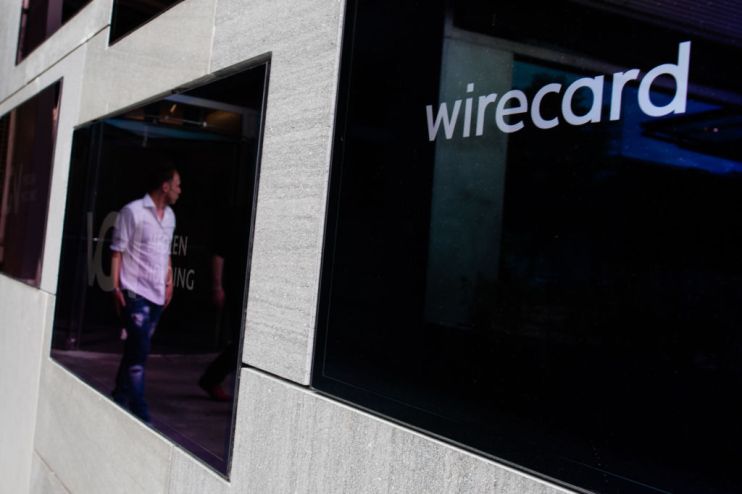Wirecard executive ‘touted Russian nerve gas documents’

Wirecard executive Jan Marsalek reportedly touted documents about the use of a Russian chemical weapon in the UK and bragged about ties to the intelligence services.
Documents, which have been reviewed by the Financial Times and used in meetings in the summer of 2018, include the formula for the world’s deadliest nerve agent, novichok.
The chemical weapon was used in the poisoning of an ex-spy and his daughter in Salisbury in March 2018.
Marsalek, who was Wirecard’s chief operating officer, disappeared last month in the run-up to the collapse of the payments firm. He reportedly used secret documents to forge links with traders to work out which were betting against Wirecard’s share price.
The German payments firm filed for insolvency last month after disclosing a €1.9bn black hole in its finances that its auditors EY said was a result of a sophisticated fraud.
The FT reports that the classified papers Marsalek had included details of an investigation by the Organisation for the Prohibition of Chemical Weapons into the attack Salisbury. The government blamed the attack on two officers from Russia’s GRU military intelligence unit.
Former sky Sergei Skripal and his daughter Yulia survived the attack but Dawn Sturgess, a woman who lived in a nearby town, later died after coming into contact with novichok.
Hamish de Bretton-Gordon, a former commander of the UK’s chemical and biological weapons regiment, told the FT: “These documents would be restricted to OPCW member states and should not be in the public domain.”
Three of the documents covered two deployments of OPCW specialists to Britain in April and July 2018, and described how samples of the chemical weapon were taken from the victims and distributed to secret OPCW labs.
A fourth document seen by the FT was a presentation for a “Briefing to State Parties” held on 13 September 2018.